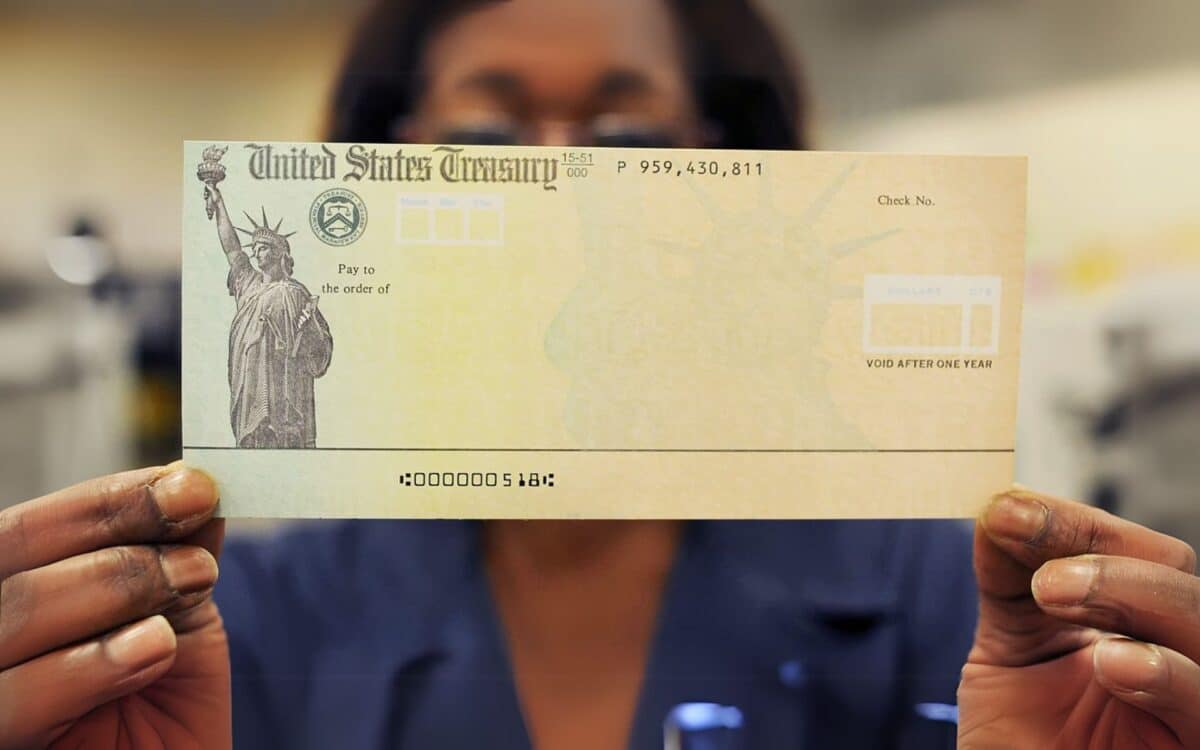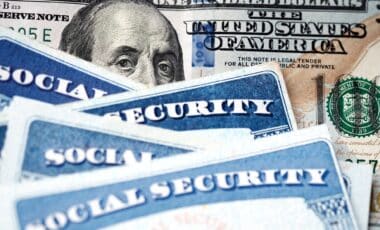The U.S. Treasury is moving towards eliminating paper checks for federal payments, including tax refunds and Social Security benefits. This shift, mandated by an executive order signed by President Donald Trump, requires all federal agencies to transition to electronic payment methods by September 30, 2025.
According to Kiplinger, the plan aims to modernize the payment system, reducing costs and risks associated with paper checks. While some exceptions will be made for individuals without access to banking services, the change is expected to impact millions of Americans who rely on traditional methods for receiving their federal payments.
Transition to Electronic Payments
The executive order issued by President Trump aims to modernize the way the government handles money, switching from old-fashioned paper-based payments to fast, secure electronic payments.
This shift is expected to improve efficiency, reduce costs, and mitigate the risk of fraud and theft associated with paper checks. As stated in the White House order published on March 25,
Paper-based payments, such as checks and money orders, impose unnecessary costs, delays, and risks of fraud, lost payments, theft, and inefficiencies. Digital payments are more efficient, less costly, and less vulnerable to fraud.
The transition will see federal agencies use electronic funds transfers (EFTs), such as direct deposits, debit/credit card payments, and digital wallets. The Treasury Department is pushing forward this transition to streamline processes, reduce paper waste, and combat the growing problem of check fraud.
Impact on Social Security Recipients
One of the most significant changes is the elimination of paper Social Security checks. Over 450,000 individuals still receive their benefits by paper check, and they will now be required to switch to direct deposit or prepaid debit cards.
This change may create challenges, particularly for older adults who are less familiar with digital banking systems. Vulnerable populations, including those without reliable internet access, may struggle with the transition.
The executive order provides some flexibility, ensuring exceptions for individuals without access to banking services or for special cases such as emergency payments. However, this shift may also strain the resources of the Social Security Administration (SSA), as recipients who are unable to make changes online will require in-person support.
This is particularly concerning given the closure of many SSA local offices due to administrative budget cuts.
Rising Concerns About Mail Theft
The transition comes at a time when mail theft has been on the rise, particularly targeting Social Security benefits, tax refunds, and other Treasury payments. Fraud related to stolen checks has escalated, with reports of checks being altered, counterfeited, and deposited into fraudulent accounts.
The U.S. Department of the Treasury’s Financial Crimes Enforcement Network (FinCEN) reported that mail theft-related check fraud totaled over $688 million between February 2023 and August 2023. This includes checks that were either altered, counterfeited, or fraudulently signed.
As mail theft grows more common, the Treasury Department aims to reduce these risks by eliminating paper checks. The White House order specifically highlighted that the switch to digital payments will mitigate the risk of fraud, ensuring that taxpayer dollars are protected more effectively.
Legislation and Efforts to Combat Fraud
To address these issues, bipartisan legislation like the Recovery of Stolen Checks Act has been introduced to help taxpayers reissue stolen checks via direct deposit. As Congresswoman Nicole Malliotakis (R-NY) explained,
Many of my constituents are hardworking taxpayers and when a check goes missing or is stolen, it directly impacts their livelihood. Having reissued payments delivered via direct deposit is a commonsense solution to this systematic and widespread problem, and will prevent criminals from preying on taxpayers and stealing their hard-earned money.
This legislation is part of a broader effort to combat check fraud and protect taxpayers from falling victim to criminals exploiting the vulnerabilities of the current system.
Malliotakis’ district has seen a significant rise in mail fraud cases, with more than $5.3 million in stolen checks. Many of these checks were for amounts ranging from a few hundred dollars to $500,000, demonstrating the widespread impact of mail fraud on taxpayers.









